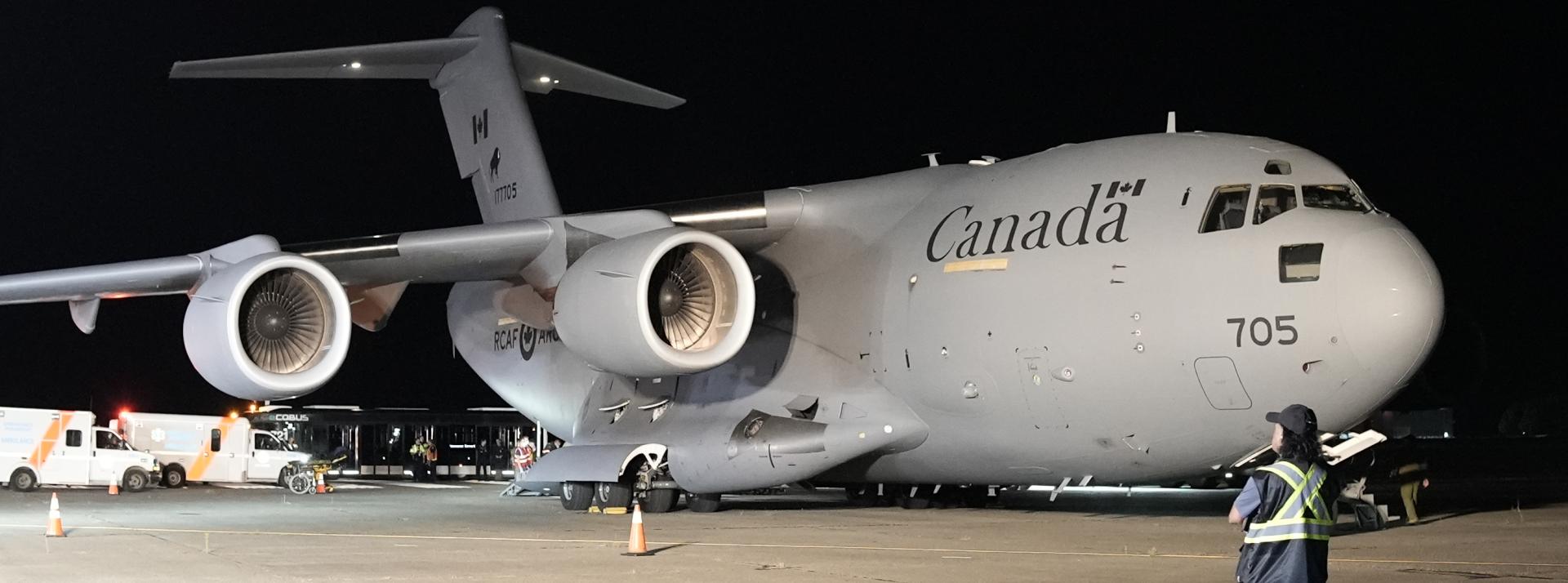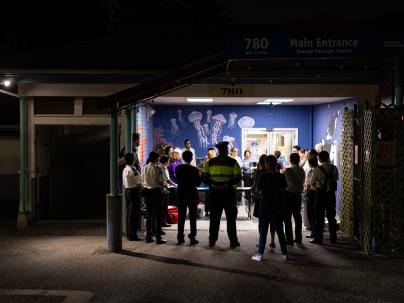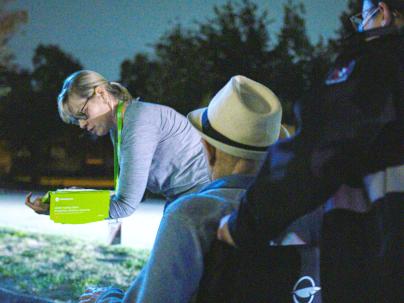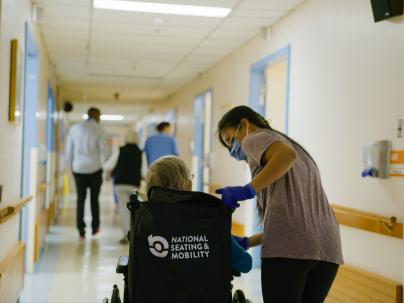Responding to wildfires across B.C. and the Yukon
Supporting each other and caring for those who need help is an example of how staff and medical staff live the values at Vancouver Coastal Health (VCH).
From extreme heat to wildfires and flooding, experts say we are directly experiencing the impacts of climate change, which can affect people’s health and our ability to deliver health services. Climate change is especially difficult for vulnerable populations, like seniors and those living in rural and remote communities.
Every community within our region is at risk of harm because of our changing climate. In B.C. and around the world, average temperatures are increasing, extreme weather events are becoming more frequent and sea levels are rising due to human-caused climate change. These climate hazards affect population health and wellbeing.
An example of this is the summer 2023 wildfires, which were the worst ever recorded, forced people most in need of support to evacuate from their long-term care homes and hospitals in the B.C. Interior and the Northwest Territories and the teams at VCH offered to help.





